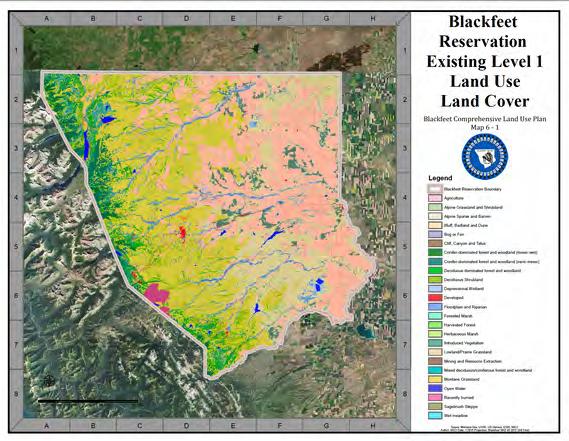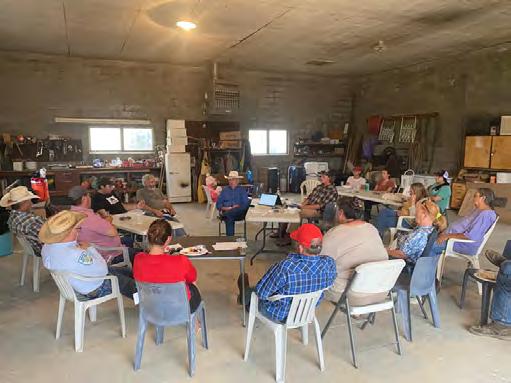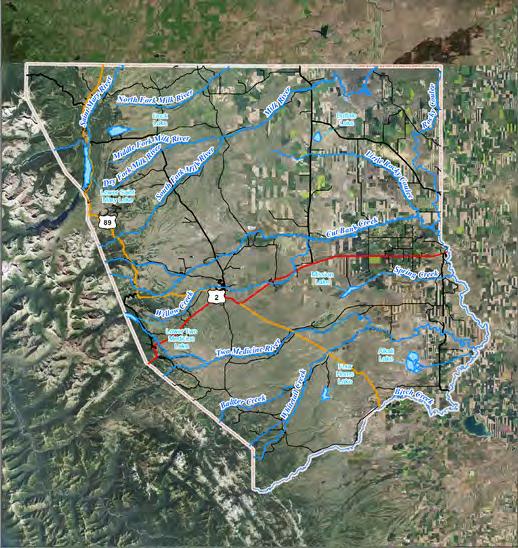
1 minute read
LOCAL ECONOMIC DEVELOPMENT
While the Blackfoot Confederacy is a place of natural abundance with pristine watersheds delivering water to agriculturalists throughout the state, possessing an abundance of minerals, oil and gas, over 50,000 head of cattle, over 5,000 head of iinnii, and profound cultural and spiritual wealth, the Piikani people experience high rates of unemployment and poverty. Nearly 75% of Blackfeet Nation residents fall below the poverty line due to lack of infrastructure and investments in jobs and industry.
As an organization with the ability to pursue federal, state, and private funding, PLHI seeks to advance economic development and reduce unemployment and poverty in the Blackfeet Nation indefinitely.
Advertisement

The re-creation of PLHI into a larger physical space will act as an activity hub for job creation and economic and health research programming, advancing the goals of the Blackfeet Nation’s Agriculture Resource Management Plan (ARMP) and the Blackfeet Climate Change Adaptation Plan (BCCAP) of which PLHI was a primary author. PLHI will act as a small business incubator and provide implementation assistance to other community-based organizations as they build the Tribal agriculture economy. To date, 43 jobs (temporary, internships, full-time, and part time) have been created at PLHI alone in only the past four years.

Pursued in partnership with the Blackfeet Community College and Blackfeet Agriculture Resource Management Plan (ARMP), projects such as a multi-species processing facility has the potential to create 80+ jobs and bring in up to $8 million dollars a year in revenue. PLHI is also working towards the creation of a Tribal IT workforce first by building decision support tools to be used for Tribal deliberation and planning.










